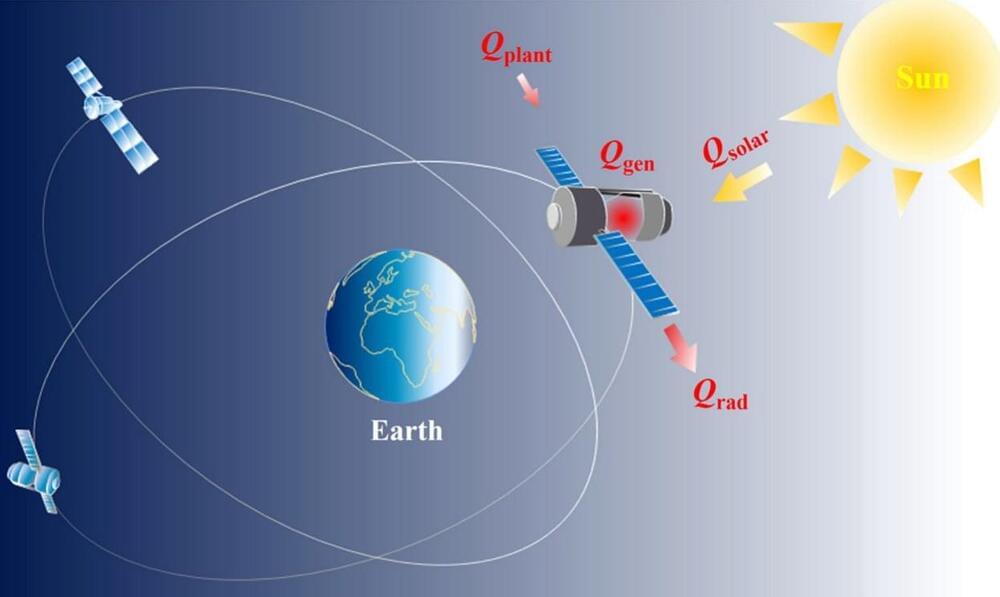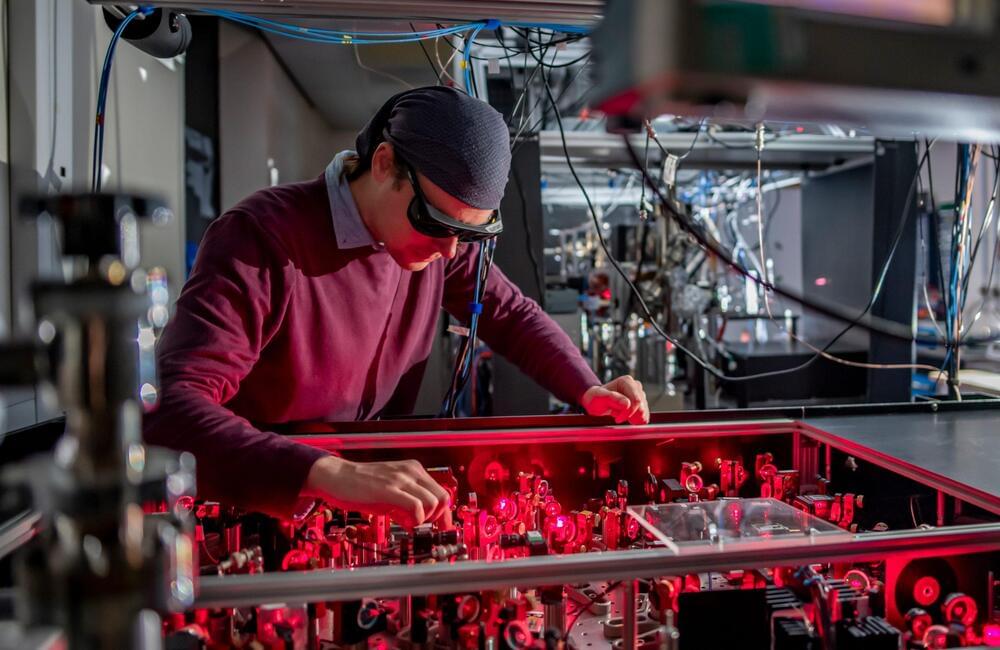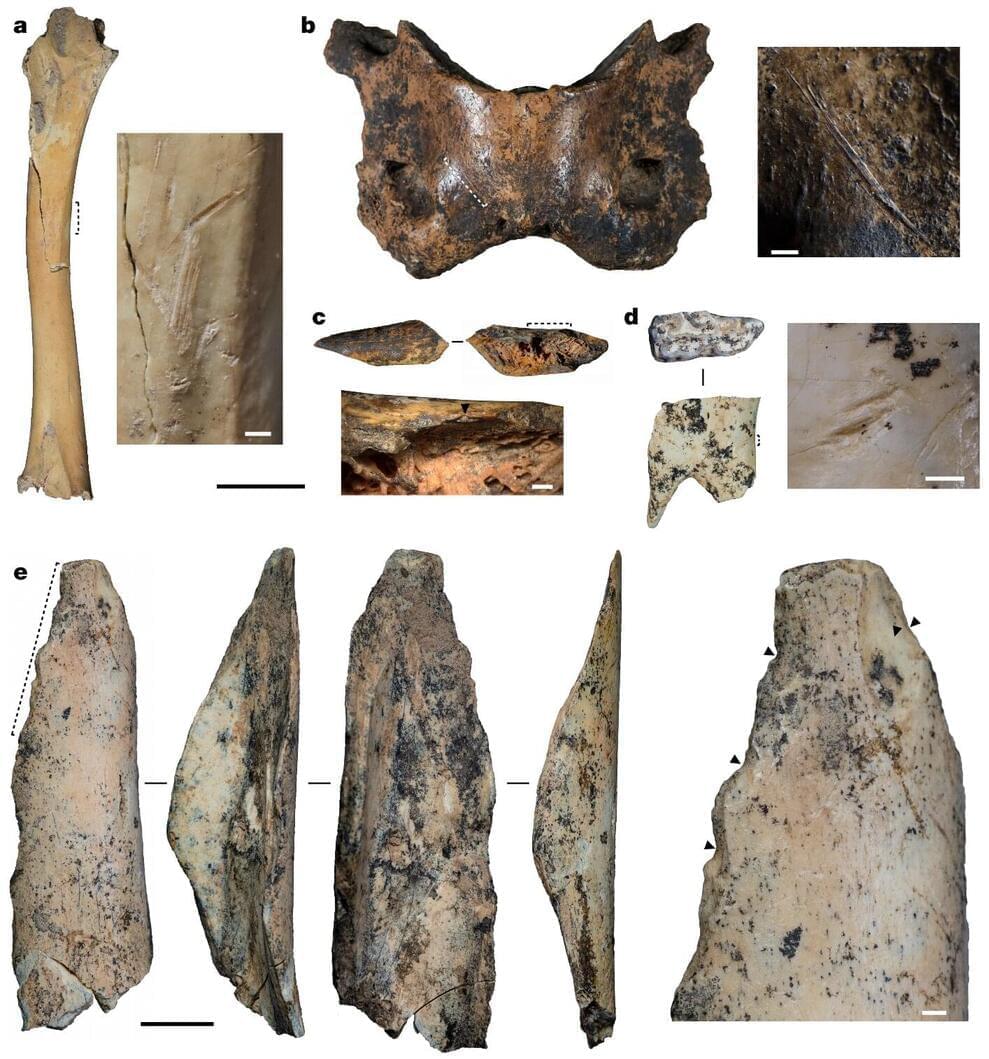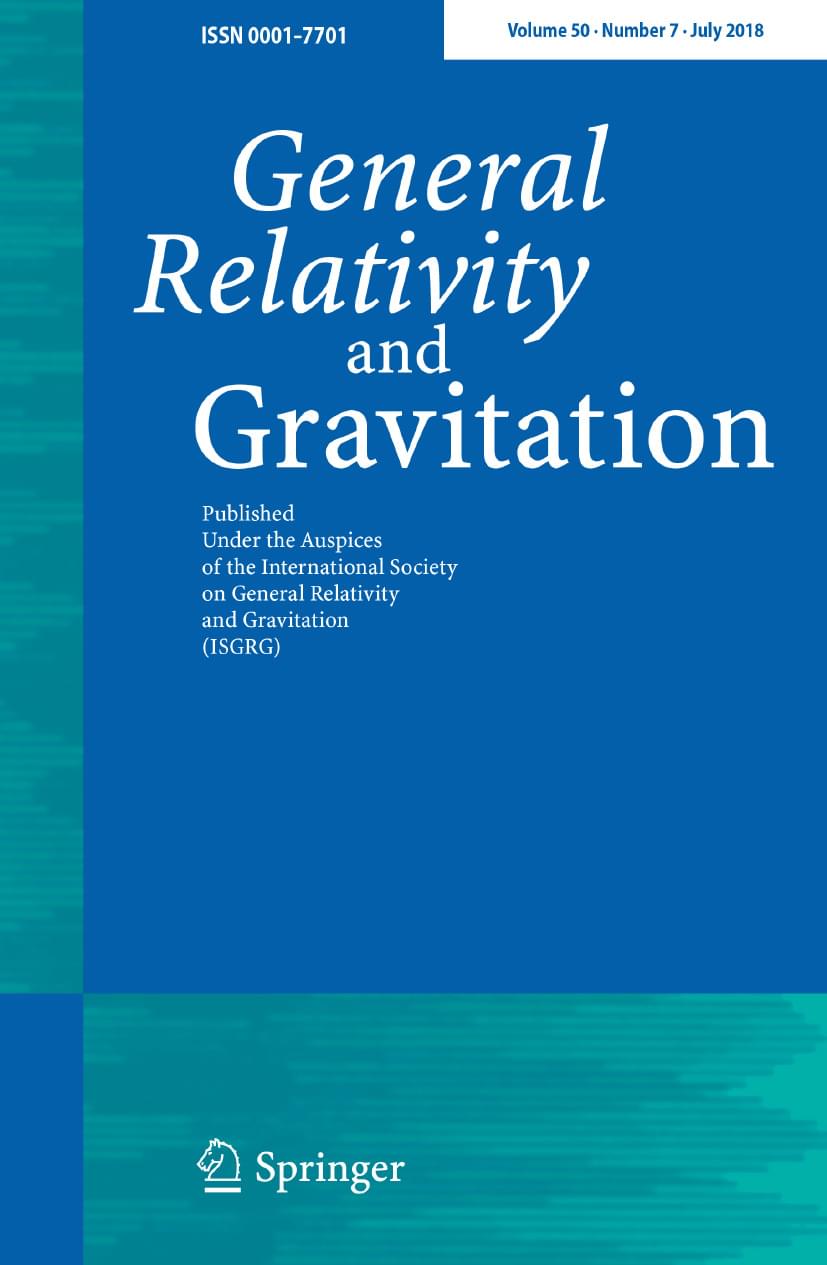Set for completion this decade, the Extremely Large Telescope in Chile will be the largest telescope globally, with a main mirror spanning 39 meters and made from 798 precision-engineered segments. It represents a significant international effort in astronomy.
Currently under construction in the Chilean Atacama Desert, the European Southern Observatory’s Extremely Large Telescope (ESO ’s ELT) is one step closer to completion. German company SCHOTT has successfully delivered the blank for the last of the 949 segments commissioned for the telescope’s primary mirror (M1). With a diameter of more than 39 meters, M1 will be by far the largest mirror ever made for a telescope.
Innovations in Telescope Mirror Design.






